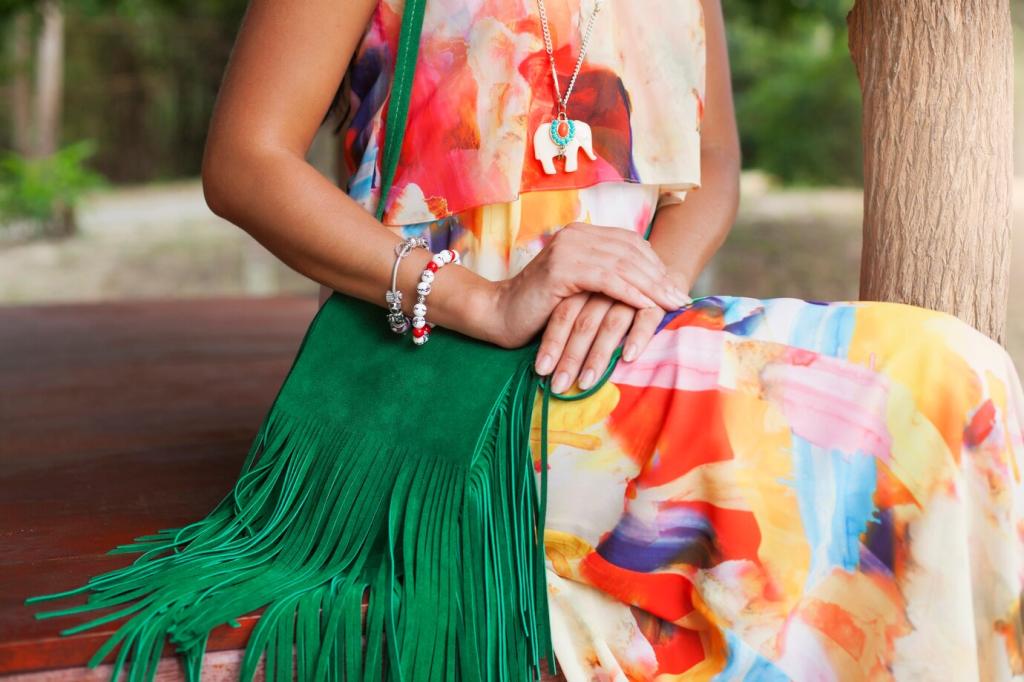The Future of Ethical Fashion Design
The fashion industry stands at a transformative juncture where ethical considerations are rapidly emerging as core pillars of design and production. The future of ethical fashion design promises a paradigm shift towards sustainability, transparency, and social responsibility, reshaping both consumer expectations and industry standards. As global awareness of environmental degradation and worker exploitation grows, the industry is compelled to adopt new design philosophies, innovative materials, and business models that prioritize the welfare of people, animals, and the planet. This evolving landscape not only challenges designers but also provides boundless opportunities for creativity, collaboration, and leadership in forging a more just and sustainable world.

The Rise of Conscious Consumerism


Ensuring Fair Wages and Safe Working Conditions

Empowering Artisan and Local Communities

